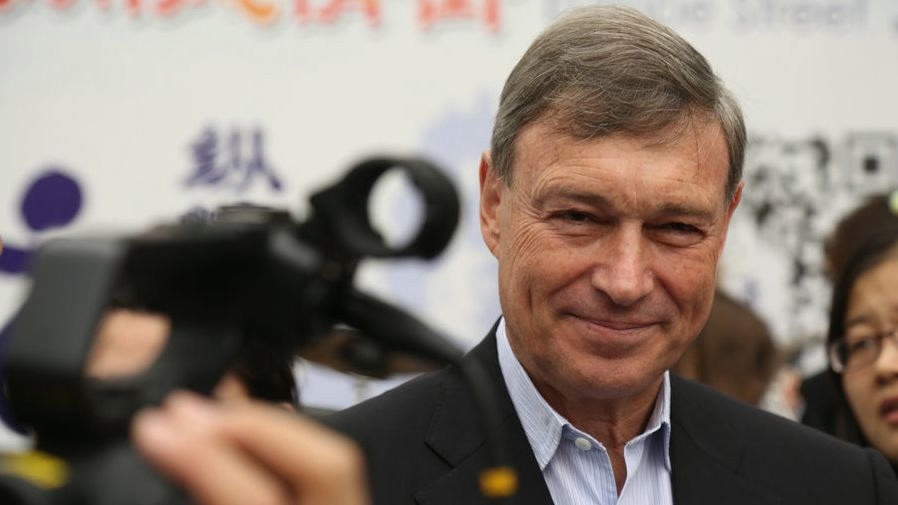The European Union promotes "open, rules-based and fair globalisation" and its plan to implement a screening system for investment is not protectionist, the EU’s ambassador to China has said.
Writing
an opinion piece for Europa, Hans Dietmar Schweisgut argued that it is "unreasonable that the EU is accused of protectionist tendencies" and emphasized the potential to expand the trading and investment relationship between China and the EU and.
Investment screening
European Commission President Jean-Claude Juncker announced plans to create a new EU framework for investment screening in his State of the Union speech on September 13.
"If a foreign, state-owned company wants to purchase a European harbor, part of our energy infrastructure or a defence technology firm, this should only happen with transparency, scrutiny and debate," Juncker said.
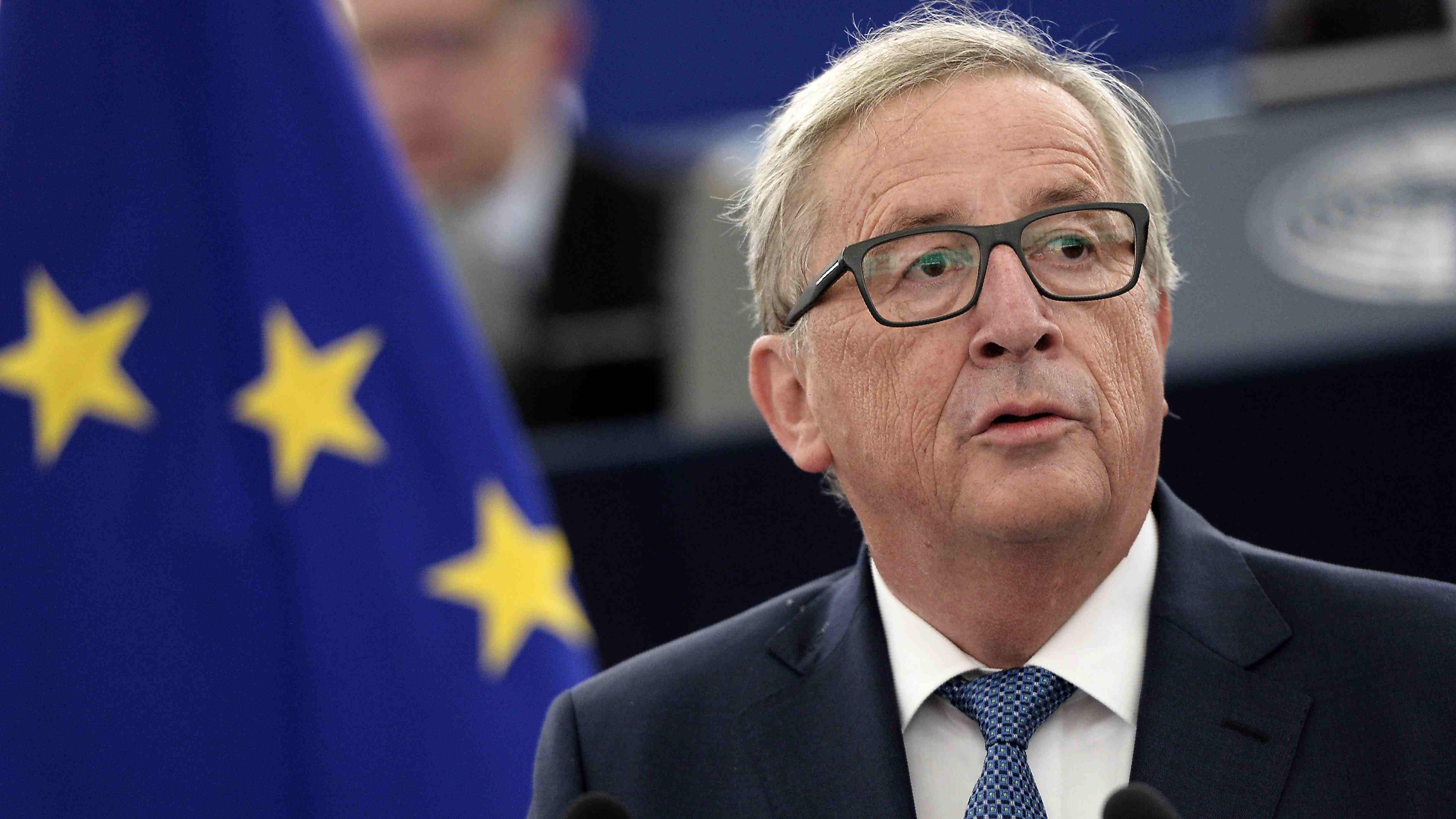
Jean-Claude Juncker. /AFP Photo
Jean-Claude Juncker. /AFP Photo
In response, Chinese Foreign Ministry spokesman Lu Kang acknowledged that the EU has a history of promoting free trade and investment facilitation but warned that "closing the door will not achieve lasting development."
"The losses will outweigh the gains if people resort to protectionist trade policy for short-term interests," he added.
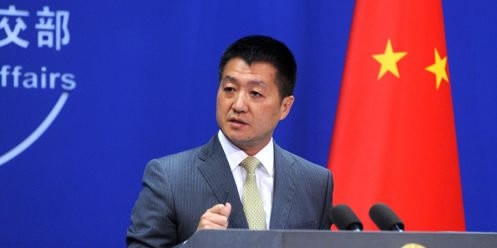
Chinese Foreign Ministry spokesman Lu Kang. /Xinhua Photo
Chinese Foreign Ministry spokesman Lu Kang. /Xinhua Photo
Schweisgut stated that every major economy has such a system, including China, the US, and 12 existing EU members.
"President Juncker's proposal would merely seek to harmonise these across the EU and bring greater transparency and predictability," he wrote. "The aim is to protect EU security and public order, which is in line with international practice."
‘Promise fatigue’
Schweisgut said it was vital to tend to the China-EU "relationship that creates growth and jobs for both our economies," noting that there is huge potential for increased two-way investment.
As of March 2017, China's cumulative direct investment in the EU amounted to 73.3 billion US dollars, and the EU's cumulative investment in China reached 114.6 billion US dollars.
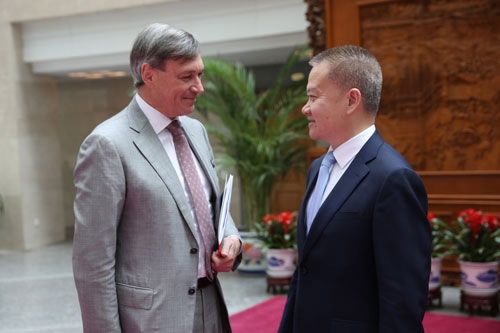
China's Assistant Foreign Minister Liu Haixing (R) meets Head of the European Union Delegation to China Hans Dietmar Schweisgut on June 22, 2016. /Chinese Foreign Ministry Photo
China's Assistant Foreign Minister Liu Haixing (R) meets Head of the European Union Delegation to China Hans Dietmar Schweisgut on June 22, 2016. /Chinese Foreign Ministry Photo
However, he argued that while the EU has an investment regime that treats EU and foreign companies equally, there is "clearly a lack of reciprocity" from China.
European companies are now suffering from "promise fatigue" over the opening up of Chinese markets to foreign enterprises, Schweisgut claimed.
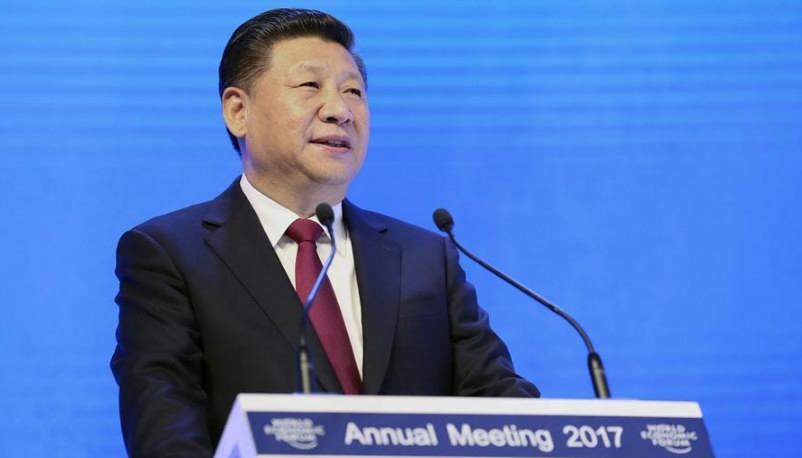
Chinese President Xi Jinping delivers a keynote speech at the opening plenary of the 2017 annual meeting of the World Economic Forum in Davos, Switzerland on January 17, 2017. /Xinhua Photo
Chinese President Xi Jinping delivers a keynote speech at the opening plenary of the 2017 annual meeting of the World Economic Forum in Davos, Switzerland on January 17, 2017. /Xinhua Photo
Chinese President Xi Jinping has frequently spoken in favor of open markets and globalization, not least in Davos in January 2017.
But the ambassador argued that progress has been "so slow", and expressed hope that new action will be discussed at the 19th National Congress of the Communist Party of China in October.
"We hope that China's forthcoming 19th Party Congress will speed up implementation of market-oriented reforms, bringing China's policies into line with its vision of an open, rules-based and fair global economy," Schweisgut said.
China-EU investment deal
Agreement was reached in February 2012 to launch talks on a China-EU bilateral investment deal, the 13th round of negotiations on which took place in Beijing in May 2017.
Schweisgut argued that making "concrete progress" on the EU-China Comprehensive Agreement on Investment would be a clear sign of China’s commitment to global free trade.
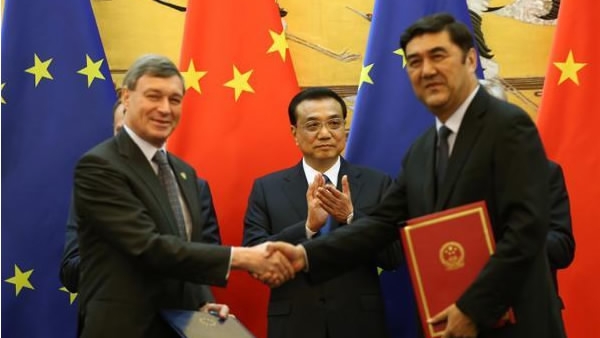
Chinese Premier Li Keqiang applauds as EU Ambassador to China Hans Dietmar Schweisgut (left) and China's Director of the National Energy Administration Nur Bekri (right) shake hands after signing the "EU-China Roadmap on Energy Cooperation 2016-2020“ in Beijing on July 12, 2016. /China Daily Photo
Chinese Premier Li Keqiang applauds as EU Ambassador to China Hans Dietmar Schweisgut (left) and China's Director of the National Energy Administration Nur Bekri (right) shake hands after signing the "EU-China Roadmap on Energy Cooperation 2016-2020“ in Beijing on July 12, 2016. /China Daily Photo
"An ambitious agreement would provide not only the necessary investor protection on both sides but also wide market access, thus harnessing the true potential of our economic relationship," he said.
The EU is China's biggest trading partner, while China is the EU's second biggest. In 2016, China-EU trade amounted to 547 billion US dollars.
A Center for European Policy Studies study estimates that a bilateral free trade agreement with China could add 83 billion euros (88.3 billion US dollars) to the EU's GDP by 2030 and support more than 2.5 million jobs.

